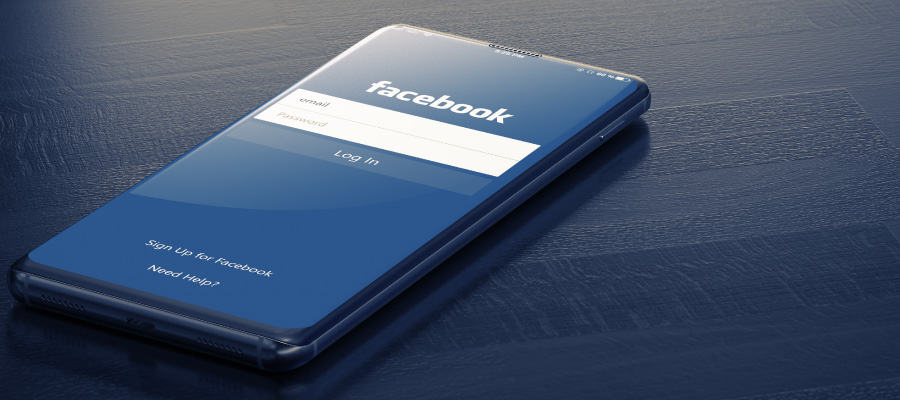It may seem like harmless fun—particularly if you’re #covidbored and have already burned through all your jigsaw puzzles—but you may want to resist the urge to participate in viral trends, like posting your high school senior picture or taking online quizzes.
These seemingly harmless games can reveal information about yourself that hackers and scammers can use against you, cybersecurity experts and consumer protection organizations warn.
If you’re on Facebook, you’ve likely seen the high school senior picture trend that’s popped up in recent weeks: users post their senior picture, typically with a message of support for current high school seniors missing out on key rites of passage, like prom and graduation. The photos are often posted with the hashtag #Classof2020, and variations of the message encourage others to share their own senior pictures in solidarity.
But if you participate, the risks could be even bigger than ’80s senior picture hair.
“Watch out, scammers or hackers who surf through social media sites will see these #ClassOf2020 posts, and will now have the name of your high school and graduation year, which are common online security questions,” the Better Business Bureau advises.
“All it takes is an internet search to reveal more information about you, such as family members, your real name, birthdate or even where you live.”
Popular online “quizzes” also prompt you to share personal information and interests, from your first job to your first car, or your favorite foods, movies, TV shows and sports teams.
“What most people forget is that some of these ‘favorite things’ are commonly used passwords or security questions,” the Better Business Bureau says. “If your social media privacy settings aren’t high, you could be giving valuable information away for anyone to use.”
“Think before you app”
In a UW–Madison Office of Cybersecurity “Data Privacy 101” lunch & learn session held in February, UW panelists emphasized that though we often use social media without a second thought, one of the most important things you can do is to simply stop and think.
“When you’re posting something, really ask yourself: why?” UW-Madison Office of Compliance director Jaimee Gilford said at the lunch & learn. “Is it for the endorphin hit of another ‘like,’ or is there another way to share information with your friends and families that isn’t putting your data at risk?”
The Better Business Bureau and the National Cyber Security Alliance offer several tips to safeguard your information on social media and online in general:
- Resist the temptation to play along. While it’s fun to see others’ posts, if you are uncomfortable participating, it is best to not do it.
- Review your security settings. Check your security settings on all social media platforms to see what you are sharing and with whom you are sharing.
- Change security questions/settings. If you are nervous about something you shared possibly opening you up to fraud, review and change your security settings for banking and other websites.
Want to view or change your privacy and security settings, but you’re not sure where to find them? Use this guide to update your privacy settings, with direct links to update your settings on popular devices and online services, from Amazon to WhatsApp.
